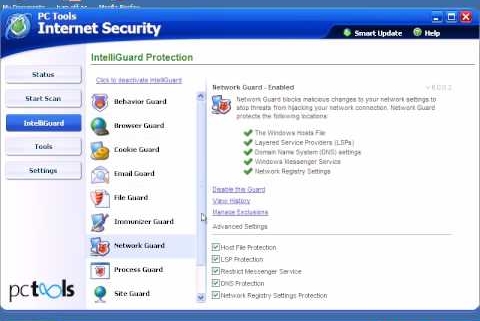This Cheap Hacking Device Can Crash Your iPhone With Pop-Ups
As the Israel-Hamas war continues, with Israeli troops moving into the Gaza Strip and encircling Gaza City, one piece of technology is having an outsized impact on how we see and understand the war. Messaging app Telegram, which has a history of lax moderation, has been used by Hamas to share gruesome images and videos. The information has then spread to other social networks and millions more eyeballs. Sources tell WIRED that Telegram has been weaponized to spread horrific propaganda.
Microsoft has had a hard few months when it comes to the company’s own security, with Chinese-backed hackers stealing its cryptographic signing key, continued issues with Microsoft Exchange Servers, and its customers being impacted by failings. The company has now unveiled a plan to deal with the ever-growing range of threats. It’s the Secure Future Initiative, which plans, among multiple elements, to use AI-driven tools, improve its software development, and shorten its response time to vulnerabilities.
Also this week, we’ve looked at the privacy practices of Bluesky, Mastodon, and Meta’s Threads as all of the social media platforms jostle for space in a world where X, formerly known as Twitter, continues to implode. And things aren’t exactly great with this next generation of social media. With November arriving, we now have a detailed breakdown of the security vulnerabilities and patches issued last month. Microsoft, Google, Apple, and enterprise firms Cisco, VMWare, and Citrix all fixed major security flaws in October.
And there’s more. Each week, we round up the security and privacy news we didn’t cover in depth ourselves. Click the headlines to read the full stories, and stay safe out there.
The Flipper Zero is a versatile hacking tool designed for security researchers. The pocket-size pen-testing device can intercept and replay all kinds of wireless signals—including NFC, infrared, RFID, Bluetooth, and Wi-Fi. That means it’s possible to read microchips and inspect signals being admitted from devices. Slightly more nefariously, we’ve found it can easily clone building-entry cards and read credit card details through people’s clothes.
Over the last few weeks, the Flipper Zero, which…





